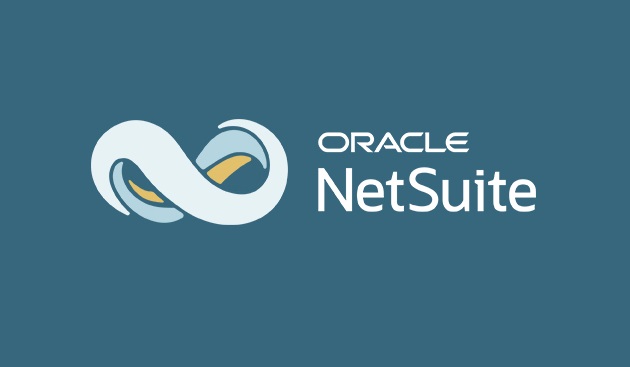With the Economic Stimulus Act of 2009 newly signed into law, developers
of business management software are moving into overdrive behind the scenes
to ensure that their programs help companies maximize efficiencies and decrease
tax burdens.
Because the stimulus act effectively allows companies to take a larger portion
(50%) of the depreciation in the first year, now is an important time for organizations
to gain complete and accurate control over their fixed assets.
The Asset4000 module, from Real Asset Management International, has built-in
features that automatically implement the 2008 and 2009 fifty percent bonus
depreciation and Section 179 expensing rules. Companies using Asset4000 can
be confident that they will automatically maximize the Stimulus act benefits.
“It’s relatively easy for specialist finance software developers
to set the system up to manage the new federal Section 179 and 50% bonus depreciation
rules,” said Marcus Scholes, VP of US Operations for Real Asset Management
International. “However, there is a significant investment in time, insuring
that the system is not only compliant with federal blanket rules but also with
the depreciation rules that each of the individual 50 states may subsequently
enact, since states often mirror their tax law with the federal government’s.”
The 2009 stimulus bill, aimed at revitalizing the U.S. economy by providing
investment incentives to businesses and mortgage relief to consumers, follows
several similar bills enacted in recent years.
“Although the scope of the 2009 legislation is broader, these frequent
changes to tax law, particularly depreciation treatments, can make it very difficult
for the financial management at a corporation to make sure they are not only
following the proper rules, but also optimizing their depreciation strategies,”
Scholes said.
According to a recent study, many companies, even some in the Fortune 500,
still rely on inefficient techniques like spreadsheets to manage their assets.
Automated asset management systems like RAMI’s Asset4000 not only help
businesses keep on top of tax law changes, but also provide dramatic cost savings
through more efficient tracking, maintenance and utilization of fixed assets,
as well as through reduced insurance costs by ridding the register of “ghost
assets.”
“Fixed assets are often one of the largest items on a company’s
financials, yet they are poorly managed, potentially costing hundreds of thousands
annually,” according to Scholes. “With the current recession and
the changes to depreciation rules in the 2009 Stimulus Act, it has never been
more important for organizations to implement an automated asset management
system that helps them to more efficiently manage their asset bases.”
Thanks for reading CPA Practice Advisor!
Subscribe Already registered? Log In
Need more information? Read the FAQs
Tags: Technology



